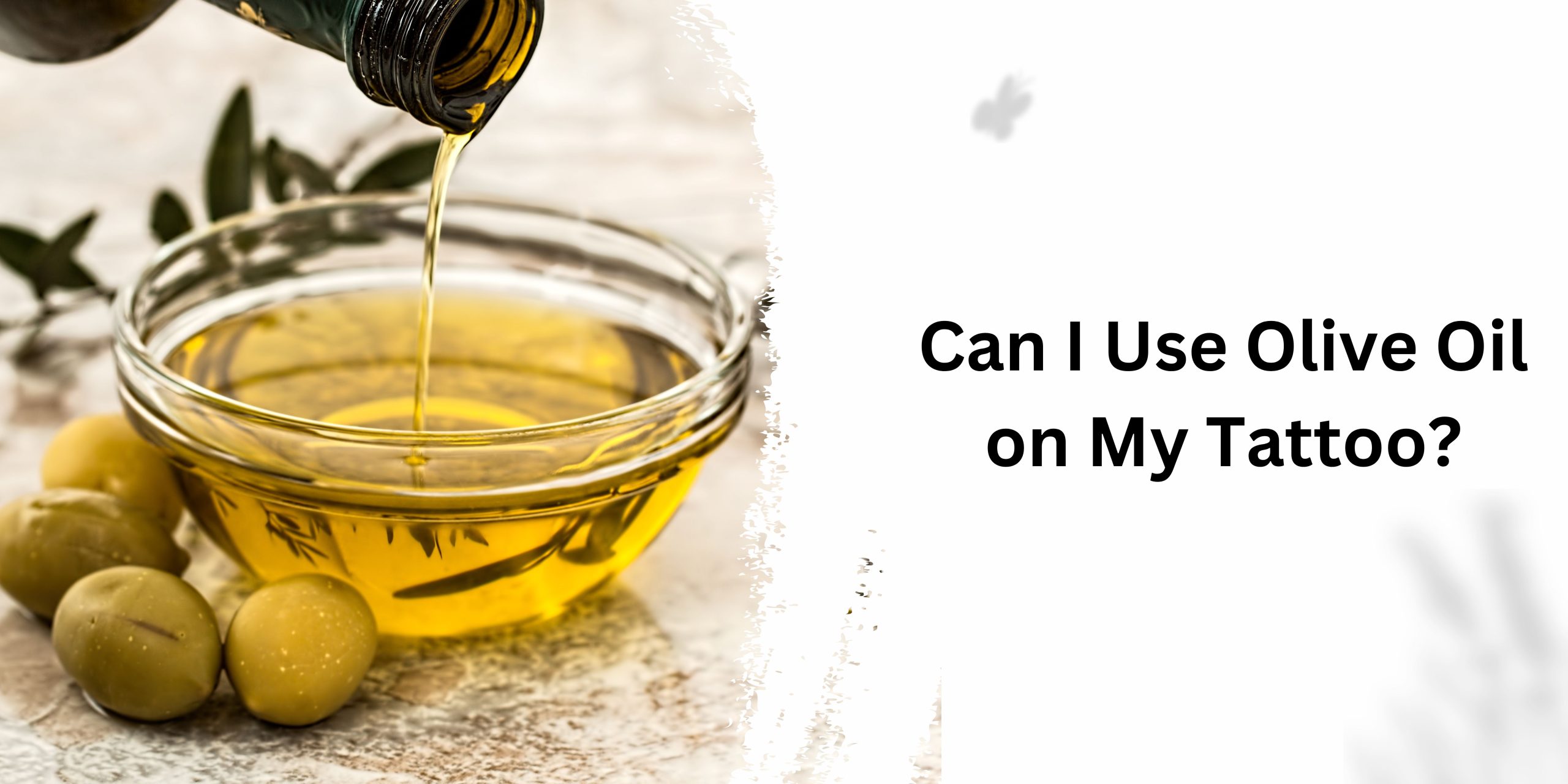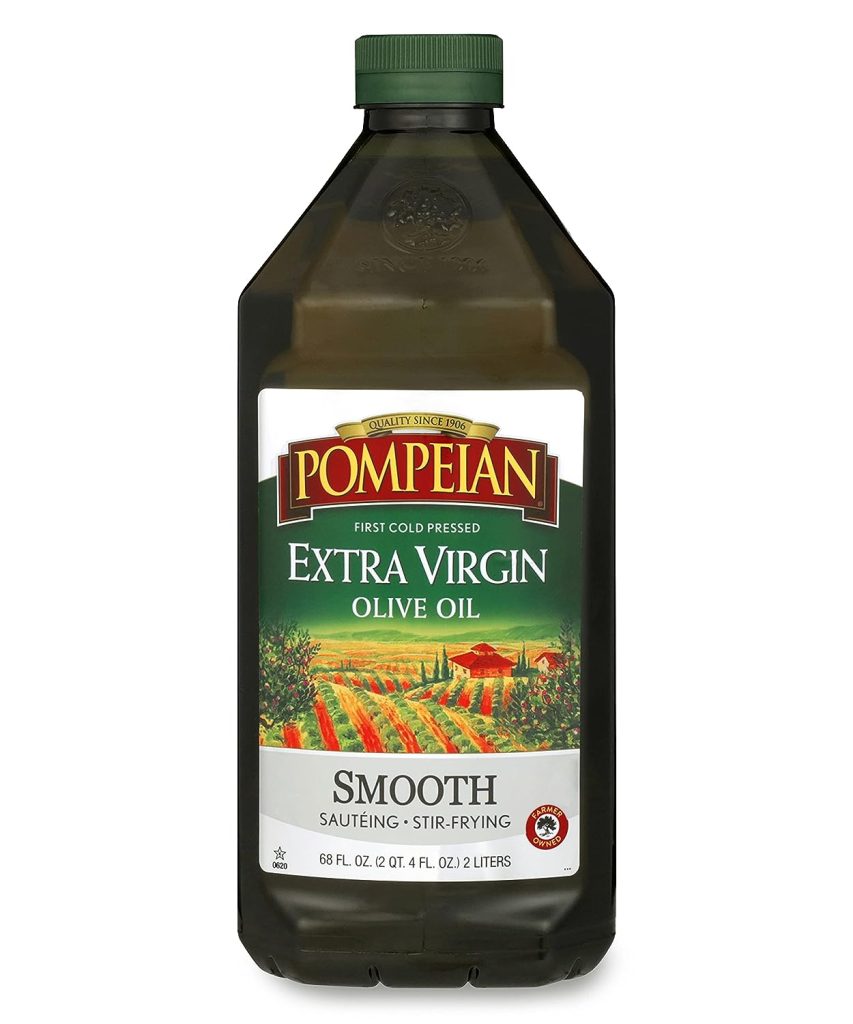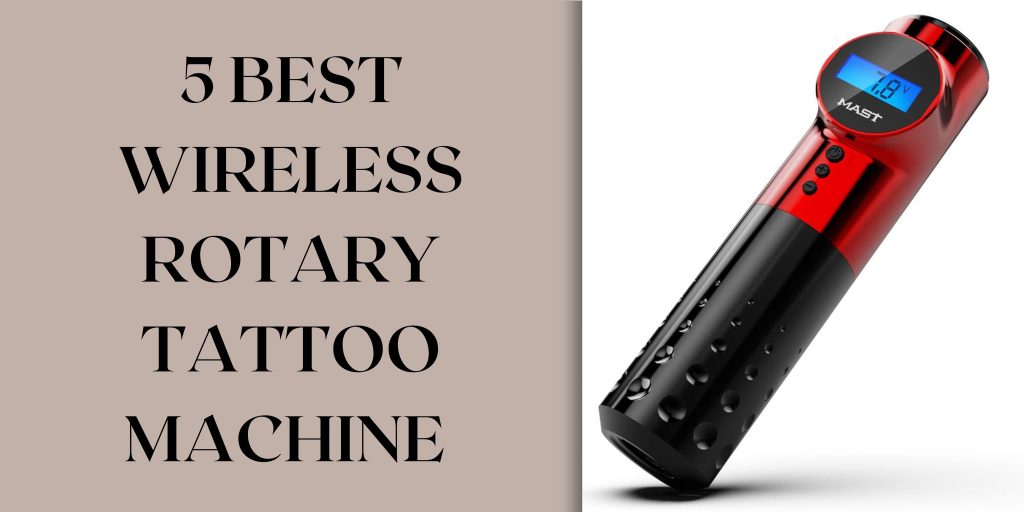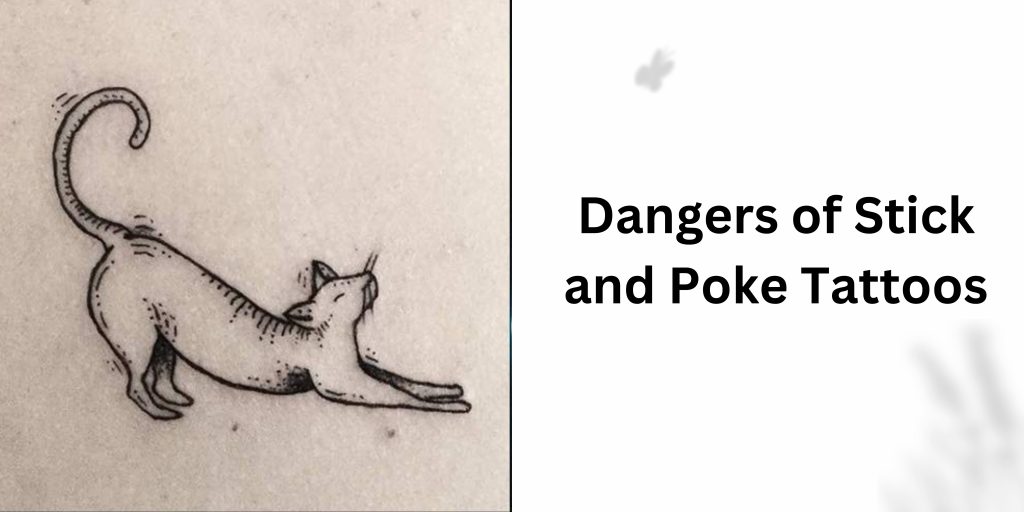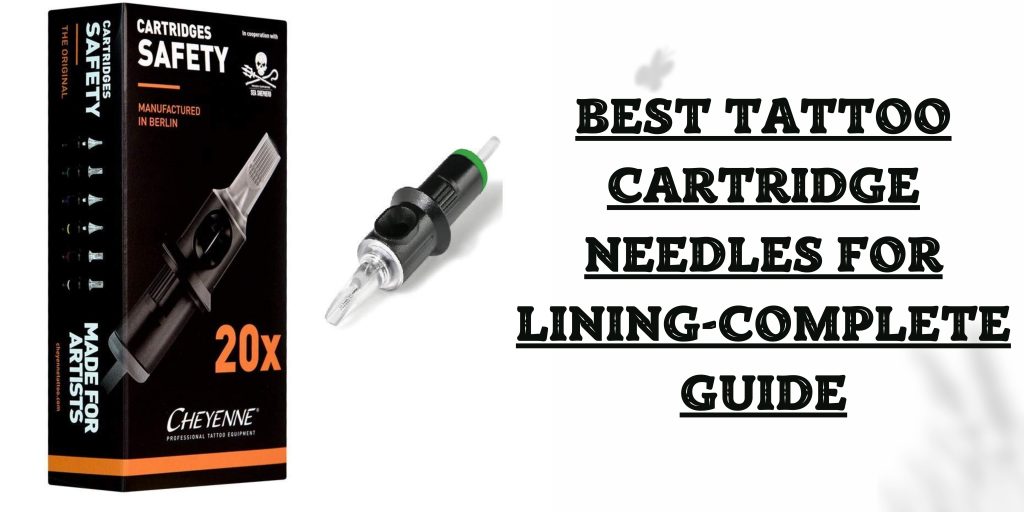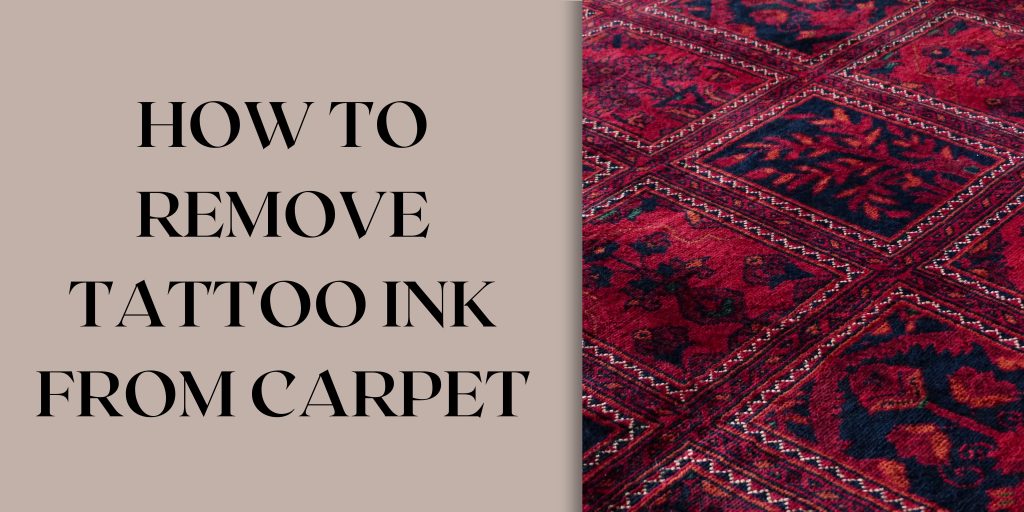You just got inked, and now you’re staring at your fresh tattoo, wondering how to take care of it. Amidst the plethora of advice you’ve received, someone mentioned using olive oil. Olive oil, the kitchen superhero that you’ve used for cooking, dipping, and even in your DIY beauty concoctions, seems like a convenient option. But can i use olive oil on my tattoo?
About Olive Oil
Olive oil, often referred to as liquid gold, is a staple in Mediterranean cuisine and has gained popularity worldwide for its numerous health benefits. Extracted from olives, this oil comes in different forms, including extra virgin, virgin, pure, and light olive oil. Its rich composition of monounsaturated fats and antioxidants has made it a beloved ingredient in both culinary and beauty circles.
Olive oil comes in different forms:
Olive oil comes in different forms, each with its unique characteristics and uses. The main types of olive oil include extra virgin, virgin, pure, and light olive oil.
Extra Virgin Olive Oil:
This is considered the highest quality olive oil, extracted from the olive fruit using natural methods and without the use of chemicals. It retains the true taste of olives and has a low level of acidity. Extra virgin olive oil is typically used for drizzling over salads, bread dipping, and other dishes where its robust flavour can be appreciated.
Virgin Olive Oil:
Slightly lower in quality compared to extra virgin, virgin olive oil is also derived from the natural pressing of olives. It has a slightly higher acidity level and a milder flavour compared to extra virgin olive oil. It is suitable for cooking at moderate temperatures and can be used in various recipes where a lighter olive oil flavour is desired.
Pure Olive Oil:
This type of olive oil is a blend of virgin olive oil and refined olive oil. It has a milder flavour and a higher smoke point, making it suitable for cooking at higher temperatures. Pure olive oil is often used for frying and sautéing due to its more neutral taste compared to extra virgin and virgin olive oils.
Light Olive Oil:
Contrary to what the name implies, light olive oil does not contain fewer calories or fat. It refers to the oil’s mild flavour and colour rather than its nutritional content. Light olive oil is often a blend of refined olive oil and other vegetable oils, making it suitable for high-temperature cooking methods where the olive oil flavour is not desired.
Read More: Benefits of using Aspercreme for tattoos
Editor Choice
Smooth Extra Virgin Olive Oil
Can You Put Olive Oil On A Tattoo?
The idea of using olive oil on tattoos isn’t a novel concept. Some people swear by its moisturizing properties, claiming it helps their tattoos heal better and retain their vibrancy. However, the tattoo community remains divided on this issue. While some tattoo artists and enthusiasts endorse the use of olive oil, others express concerns about its potential drawbacks.

What To Know About Olive Oil On Tattoos
While olive oil boasts several benefits, it’s essential to understand its potential impact on your freshly inked skin. Here are some crucial factors to consider before reaching for that bottle of olive oil:

- Moisturizing Properties: One of the primary reasons people consider using olive oil on tattoos is its moisturizing effect. Its richness in vitamins E and K, along with beneficial fatty acids, can help prevent excessive dryness and promote skin hydration, which is crucial for the healing process.
- Antioxidant Content: Olive oil is known for its high antioxidant content, which may aid in protecting the skin from free radical damage. This attribute could potentially contribute to preserving the colour and quality of your tattoo over time.
- Potential Risks: Despite its potential benefits, using olive oil on tattoos comes with risks. The heavy texture of olive oil can clog pores and potentially suffocate the skin, leading to issues such as irritation, inflammation, or even infection. Additionally, if your skin is sensitive or prone to allergies, using olive oil might trigger adverse reactions, jeopardizing the healing process.
Read More: Can You Use Bag Balm on Tattoos
What Are Other Options Instead Of Olive Oil?
If you’re hesitant about using olive oil or want to explore alternative options for tattoo aftercare, consider the following substitutes:
- Specialized Tattoo Aftercare Products: Tattoo aftercare products, such as tattoo-specific lotions and ointments, are formulated to cater to the specific needs of healing tattoos. These products often contain a blend of nourishing ingredients that facilitate proper healing without compromising the tattoo’s integrity.
- Unscented, Mild Lotions: Opt for fragrance-free and gentle lotions that are specifically designed for sensitive skin. Look for products that contain minimal additives and are free from potentially harmful chemicals, ensuring they won’t interfere with your tattoo’s healing process.
- Coconut Oil: If you prefer natural alternatives, coconut oil can serve as an effective substitute for olive oil. Its light texture and antibacterial properties make it a suitable option for moisturizing and protecting your tattoo without clogging the skin’s pores.
Conclusion
While the idea of using olive oil on your tattoo may seem appealing, it’s crucial to weigh its potential benefits against the associated risks. Ultimately, the key to ensuring proper tattoo aftercare lies in maintaining a balance between moisturizing the skin and allowing it to breathe and heal naturally. Before experimenting with any product, it’s advisable to consult your tattoo artist or a dermatologist to determine the most suitable aftercare routine for your specific tattoo and skin type.

